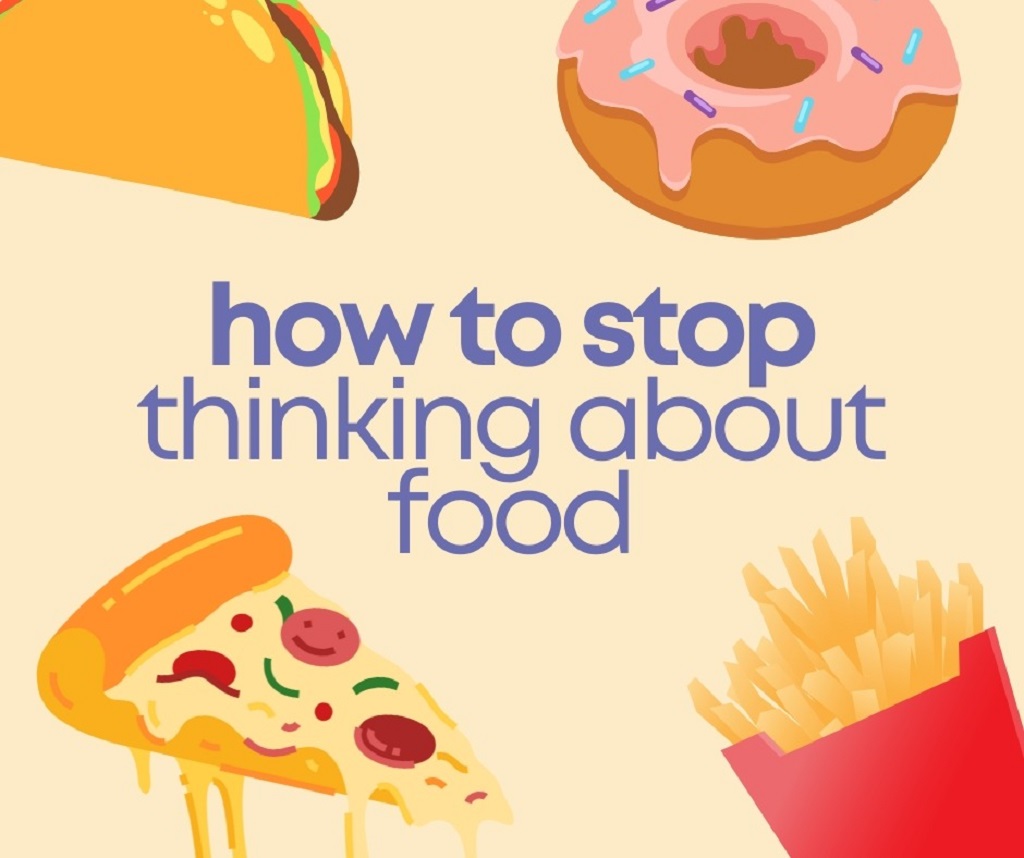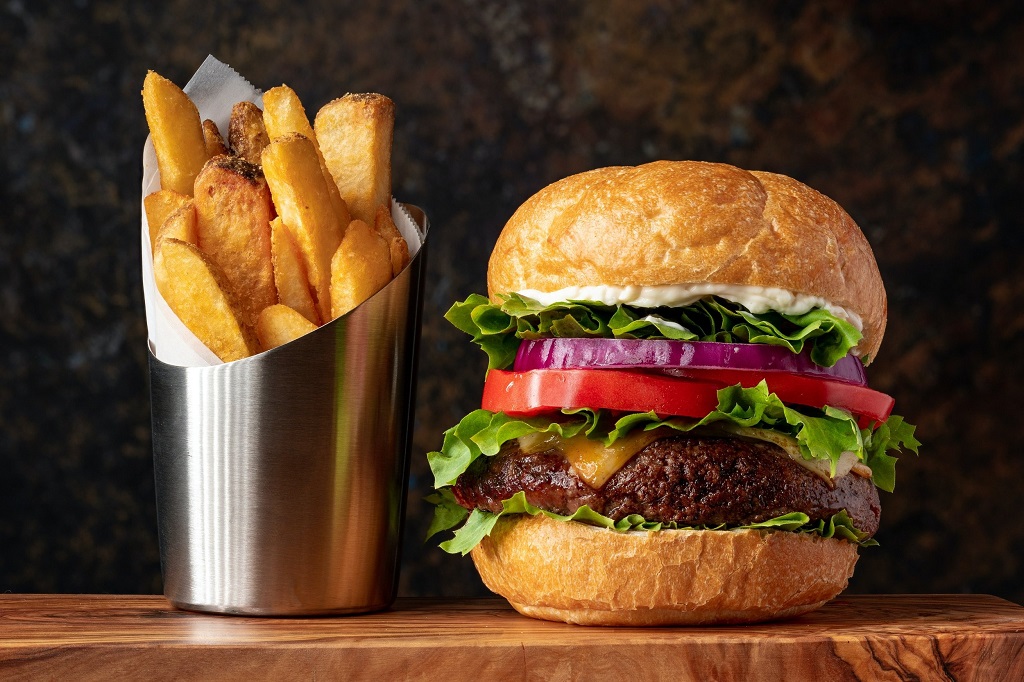How to Stop Thinking About Food: Practical Tips and Techniques

We all experience those moments when we can’t stop thinking about food—whether it’s out of habit, stress, or genuine hunger. But what if you could break free from the constant cycle of food-focused thoughts? Whether you’re trying to eat healthier, lose weight, or simply improve your mental well-being, learning how to stop thinking about food can be life-changing. In this article, we explore practical strategies based on expert opinions, studies, and fresh perspectives on how to take control of your thoughts and shift your focus away from food. For more tips, you can explore Blogarithm for insightful articles on improving your overall health and well-being.
Why Do We Think About Food So Much?
It might seem like an odd question, but it’s one worth asking. According to a study by the National Eating Disorders Association, people spend around 60–80% of their waking hours thinking about food. This includes planning meals, deciding what to eat, and worrying about their weight. While some of these thoughts are tied to genuine hunger or nutritional needs, others are influenced by emotional or environmental factors.
Psychologists suggest that we often turn to food in response to emotions such as stress, boredom, or sadness. The act of eating can provide temporary relief or comfort, making it an easy go-to for coping. Understanding why we think about food so often is the first step in learning how to manage those thoughts effectively.
- Practice Mindful Eating
One of the most effective ways to stop thinking about food is by practicing mindful eating. This means focusing on the experience of eating without distractions. According to research from Harvard Medical School, being present while eating helps people enjoy their meals more and be more attuned to their body’s hunger cues. When you slow down and savor each bite, your body is better able to tell you when it’s full, reducing unnecessary cravings.
How to Practice Mindful Eating:
- Avoid eating in front of the TV or computer.
- Take smaller bites and chew slowly.
- Pay attention to the texture, taste, and aroma of your food.
- Tune into your hunger levels before, during, and after eating.
- Stay Hydrated
It’s easy to mistake thirst for hunger. Dehydration can lead to feelings of hunger even when your body doesn’t actually need food. According to a study by the Journal of Human Nutrition and Dietetics, staying hydrated can help reduce hunger pangs and cravings.
Read More Also: The Significance of Monitoring Parker Hose & Fitting Inventory
How Hydration Helps:
- Drinking water helps your body process food more efficiently.
- It prevents the dehydration-induced cravings that can trick your brain into thinking you’re hungry.
- It keeps your body and mind functioning optimally, reducing unnecessary distractions.
Try drinking a glass of water before meals and throughout the day to curb cravings and avoid overthinking food.
- Engage in Healthy Distractions
If you find your mind constantly drifting back to food, it might be time to explore new hobbies or distractions. Engaging in activities that require focus can help redirect your attention away from eating. According to research in Psychology Today, taking up new hobbies or learning a skill increases dopamine levels in your brain, which can keep your mind occupied and less likely to obsess over food.
Healthy Distractions to Try:
- Exercise: Physical activity releases endorphins and helps clear your mind.
- Creative outlets: Try drawing, writing, or crafting to channel your energy into something productive.
- Social activities: Spending time with friends or family can distract you from constant food thoughts.
- Understand the Positive Thinking
One often overlooked method to stop thinking about food is the power of positive thinking. According to the Mayo Clinic, cultivating a positive mindset can help reduce stress, improve mental focus, and even prevent emotional eating. By re-framing your thoughts and focusing on the positive, you train your mind to prioritize healthier habits over automatic, food-centered thinking.
- Create a Structured Eating Schedule
One of the main reasons we obsess over food is due to uncertainty or disorganization around our eating habits. Having a structured eating schedule can help reduce the anxiety that leads to excessive food thoughts. A study published in Obesity Reviews found that people who ate at consistent times throughout the day experienced fewer cravings and a stronger sense of control over their eating habits.
How to Build a Structured Eating Schedule:
- Set specific times for breakfast, lunch, and dinner.
- Include healthy snacks if needed, but avoid eating out of boredom.
- Stick to your schedule to avoid unnecessary food-related thoughts.
- Get Enough Sleep
Lack of sleep can wreak havoc on your hunger hormones. Research by Johns Hopkins Medicine found that sleep deprivation increases the production of ghrelin, a hormone that triggers hunger, while reducing leptin, the hormone that signals fullness. As a result, you might feel hungry more often and think about food throughout the day.
Sleep Tips to Avoid Overthinking Food:
- Aim for 7–9 hours of sleep per night.
- Establish a relaxing bedtime routine.
- Limit caffeine and screen time in the evening to improve sleep quality.
Conclusion
Learning how to stop thinking about food involves understanding the psychological and physical triggers that lead to food-related thoughts. By adopting mindful eating practices, staying hydrated, and engaging in healthy distractions, you can take control of your eating habits and reduce unnecessary food thoughts. Additionally, fostering a positive mindset and maintaining a structured eating schedule can further support your journey. Remember, it’s about creating balance and making conscious choices that promote a healthier, more focused lifestyle.

